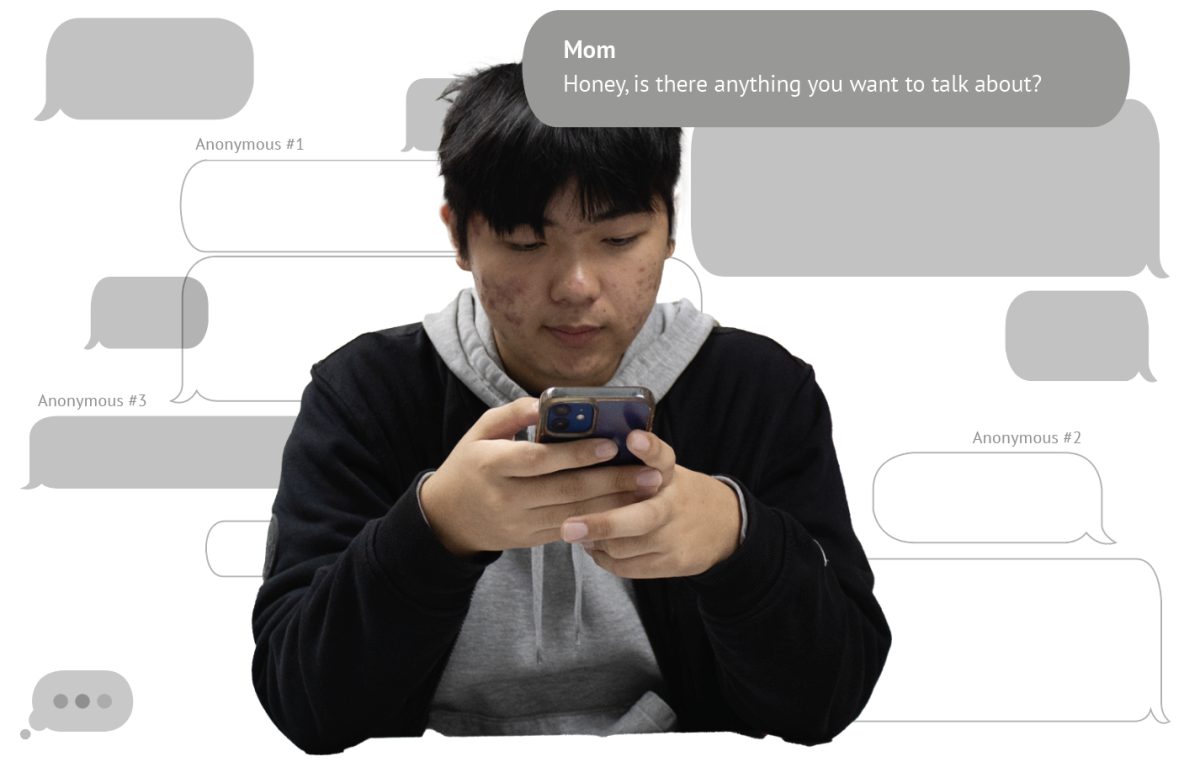Social media has, to no one’s surprise, become more and more influential in everyday life. The demographic most affected by this is teenagers because of their age and the prevalence of social media in their lifetimes.
Generation Z, in comparison to previous ones, have much more resources and information widely available to them. At first, the vastness of information available can be seen as a positive consequence. However, there are many harmful and negative effects of this.
In the older generations, when you needed advice or support, you turned to your parents or people in your community who you felt could help you. Granted, their perspectives may be limited by their own worldview, but there was not necessarily a better way to gain the support you needed. In 2024, with social media, teenagers can easily find support or seek advice from strangers on the internet. As a result, it is incredibly easy for young people to be misled on the internet.
There are hundreds of social media platforms such as TikTok and Instagram dedicated to giving students advice on how to apply to colleges and universities or how to excel in a specific field. On one hand, this information can be helpful and make certain outcomes more accessible for teens; however, they can also easily mislead teens with misconstrued facts.
By seeking support from “randos on the internet” instead of one’s family or support system, teens are potentially unknowingly involving themselves in what could very easily turn into a harmful situation. It is impractical to expect that people do not use social media as a type of search engine, so discerning what information is factual and what is not is more important now than ever.
Social media literacy, a concept defined as “the knowledge and development of skills to analyze, evaluate, produce and participate in social media, which favors critical thinking” according to the National Institute of Health, must be taught by parents who opt to give their children social media access. Without such instruction, teenagers and children are more vulnerable to being misled by the content they interact with on social media.
Parents may find themselves almost being replaced as the main “guiding light” in their child’s life, as a result of the impact social media has. Although some people may not like the scale of control a parent can have on their child’s thinking and decisions, it is ultimately better than the distracting and often misleading internet being the more respected light, especially in a child’s more formative years.
For these reasons, it is vital that our usage of social media and the internet does not overpower the connections we have with those in our daily lives, families and support systems. With the overwhelming nature of Instagram, Tiktok and the ability to connect with strangers, it is vital to prioritize the people physically in our lives.







